Do we make a place or does a place make us?
Potential looks forward, problem-solving looks backward.
Potential is a way of conceptualising the gap between what is and what could be.
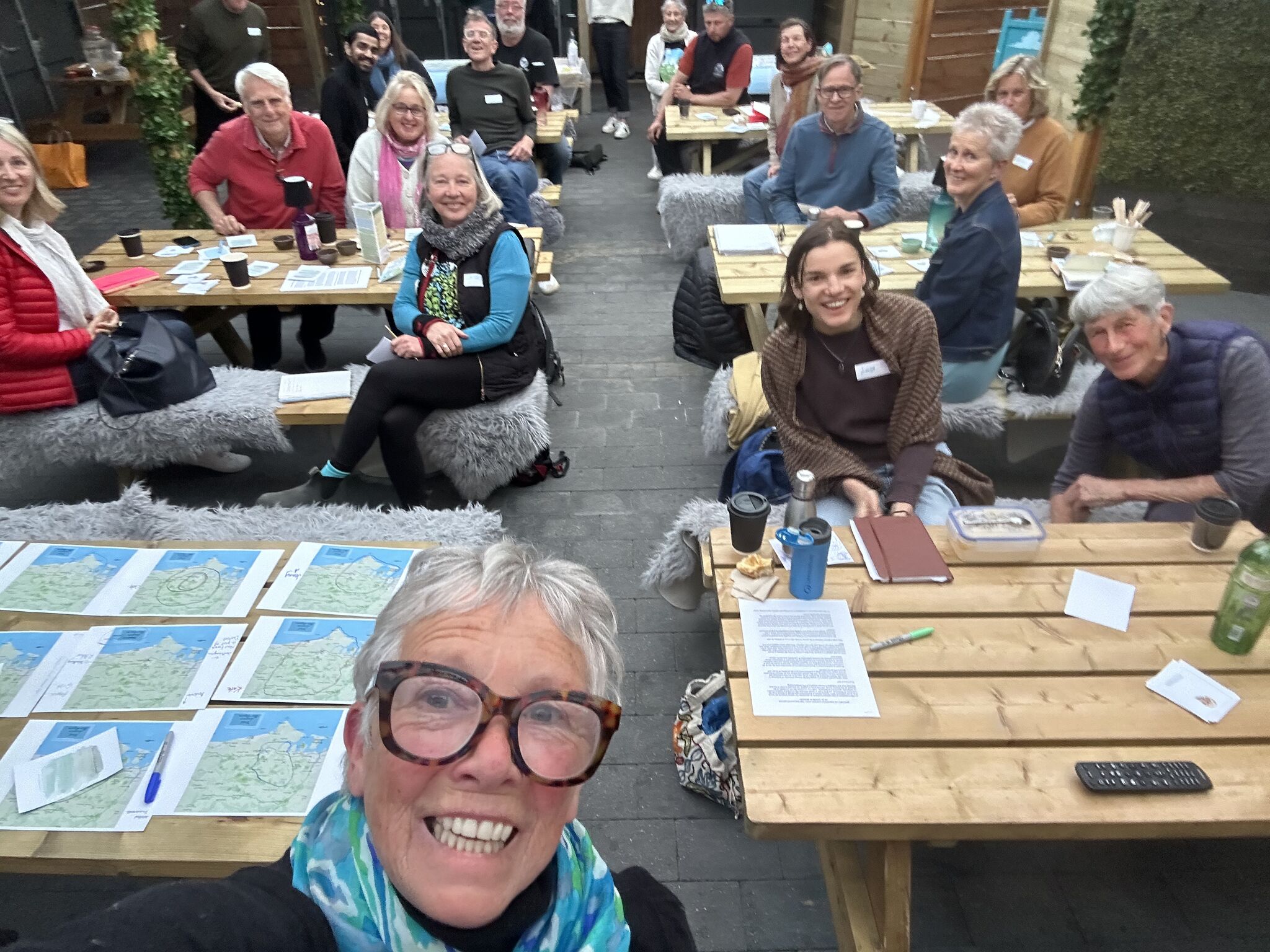
Our second gathering last week was a deep dive into just what we think holds unique and untapped future potential in our region. Although our potential that evening was almost choked by an accidental diesel spill, we were a resourceful crew and decamped outside to continue the conversation in early spring evening warmth.
Seeing the world in terms of potential rather than problems is one of the key characteristics of bioregional regenerative development. Potential can be realised, whereas problems can only be solved. Potential looks forward, problem-solving looks backward. Discovering future potential always lies in the uniquesness of a particular place – what differentiates it and could only be found and generated from that particular place. It’s the source of why Delph blue could only ever have come from Delph and Hong Kong has always been a piratical trading centre. Do we make a place or does a place make us? It’s just that we’ve lost the sense of our place-based uniqueness in a rush to globalise and homogenise our places.
Potential in the abstract is an inherent ability or capacity for growth, development, or coming into being that has not yet been manifested In more practical terms, it is a way of conceptualising the gap between what something is and what it could be, if it fully realized its purpose. Using the word purpose in connection to potential reminds us that the potential of something is connected to its ability to make a beneficial contribution to the working of a larger system.
We also talked about devolution. Many of us weren’t sure what it was, what it would mean. Some of us were exhausted by the idea of engaging with any political idea. We heard that we were frustrated with the lack of imagination about our future. We expressed concern that more focus and locus of control of publc services might centre further east. We heard frustration about the lack of consultation and concern at our overall disengagement with politics both national and local, and a loss of belief that it could ever make a difference. We talked briefly about different models of governance.
Bioregional governance focuses on moving forwards from the traditional models of centralised or decentralised organisation towards a more contributory and participatory model of governance where, as a metaphor, we are all contributing to the flow forwards into the future – like a river of life. It’s hard to grasp at first but it is rooted in an idea that every place has unique potential and that is we hold a future vision as a central organising idea and all contribute to realising that vision however we can, we are organised as a living system.
Our Ecological uniqueness
- the precious presence of chalk streams
- the dendritic ria harbours that stretch across our coast
- the unique wildlife migrations and the unusual flora that comes with dendritic ria
- our saltmarshes and sand dunes
- the fertile coastal plain for growing
- the hours of sunlight we get here compared to anywhere else in the UK
- the gradual rolling slopes from the top of the downs to the sea (compared to the sharp incline on the northern side)
- the amount of forests and large numbers of small green spaces
- private estates that won’t allow developers to build
- quiet protectors like Binsted Woods and Stanstead Forestry
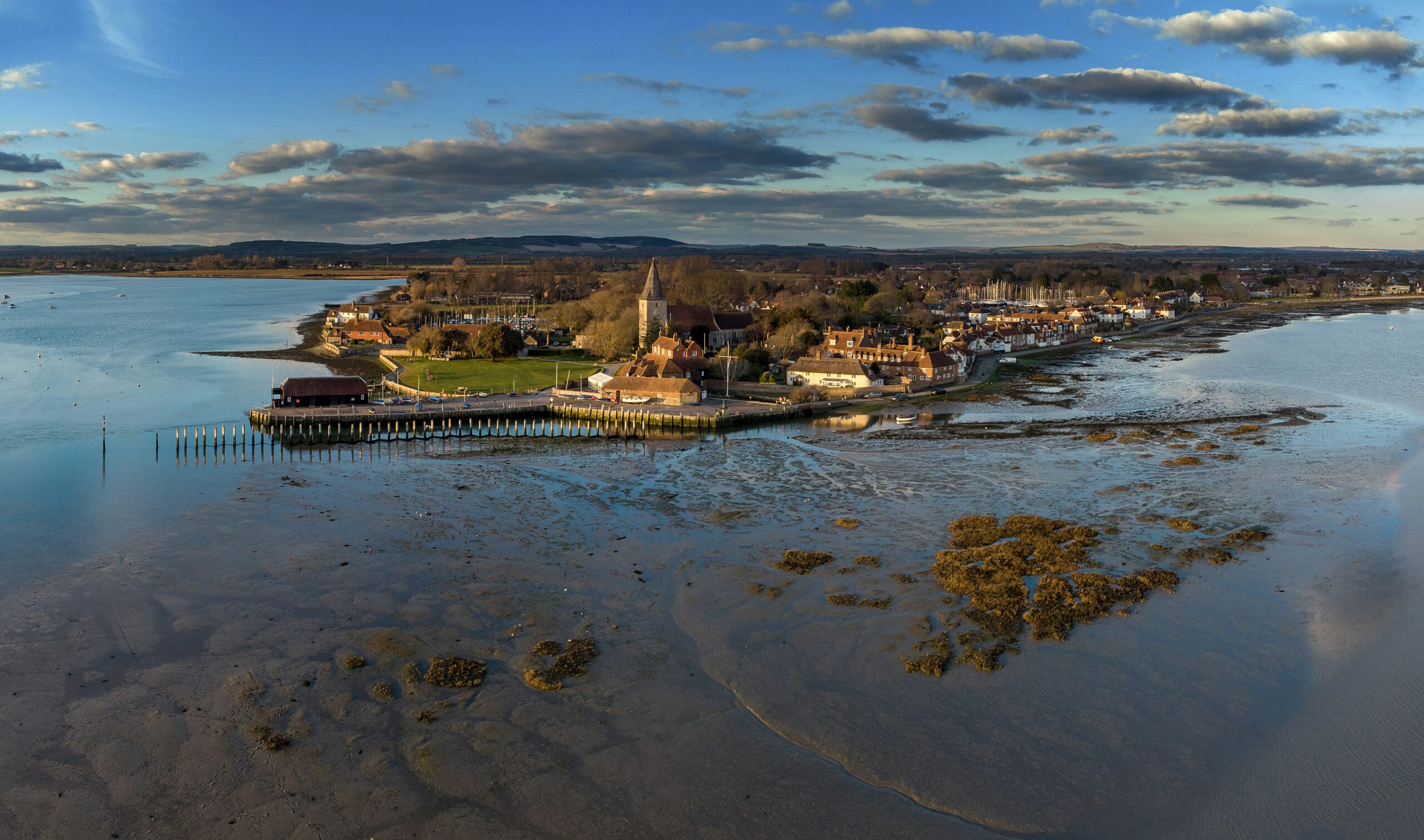
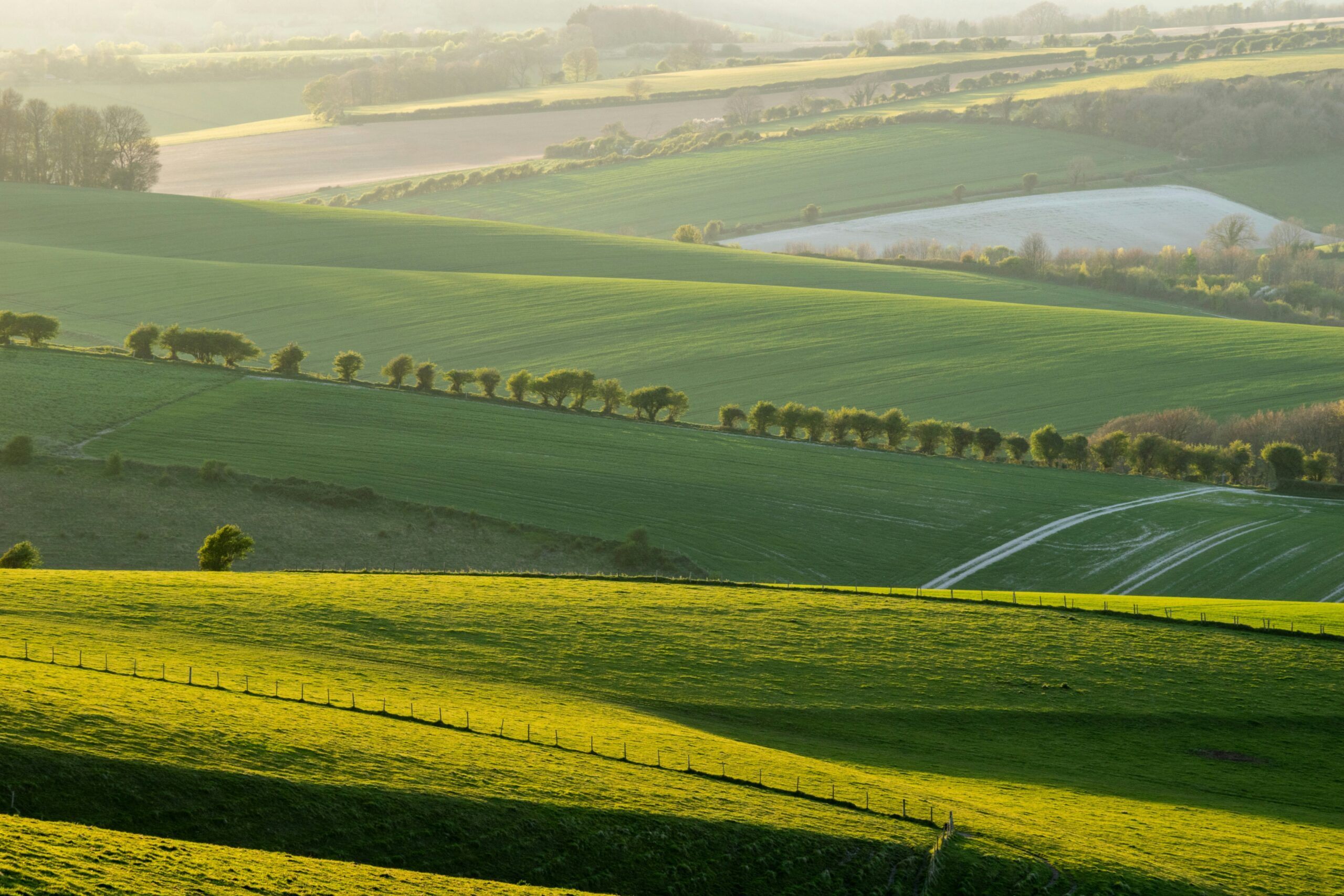
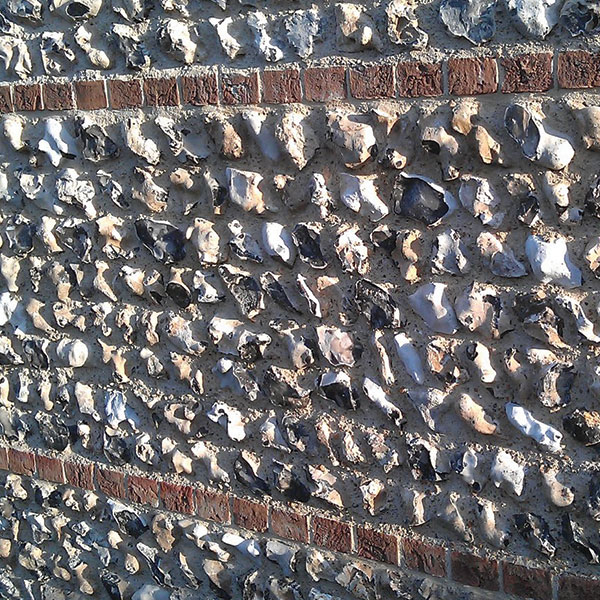
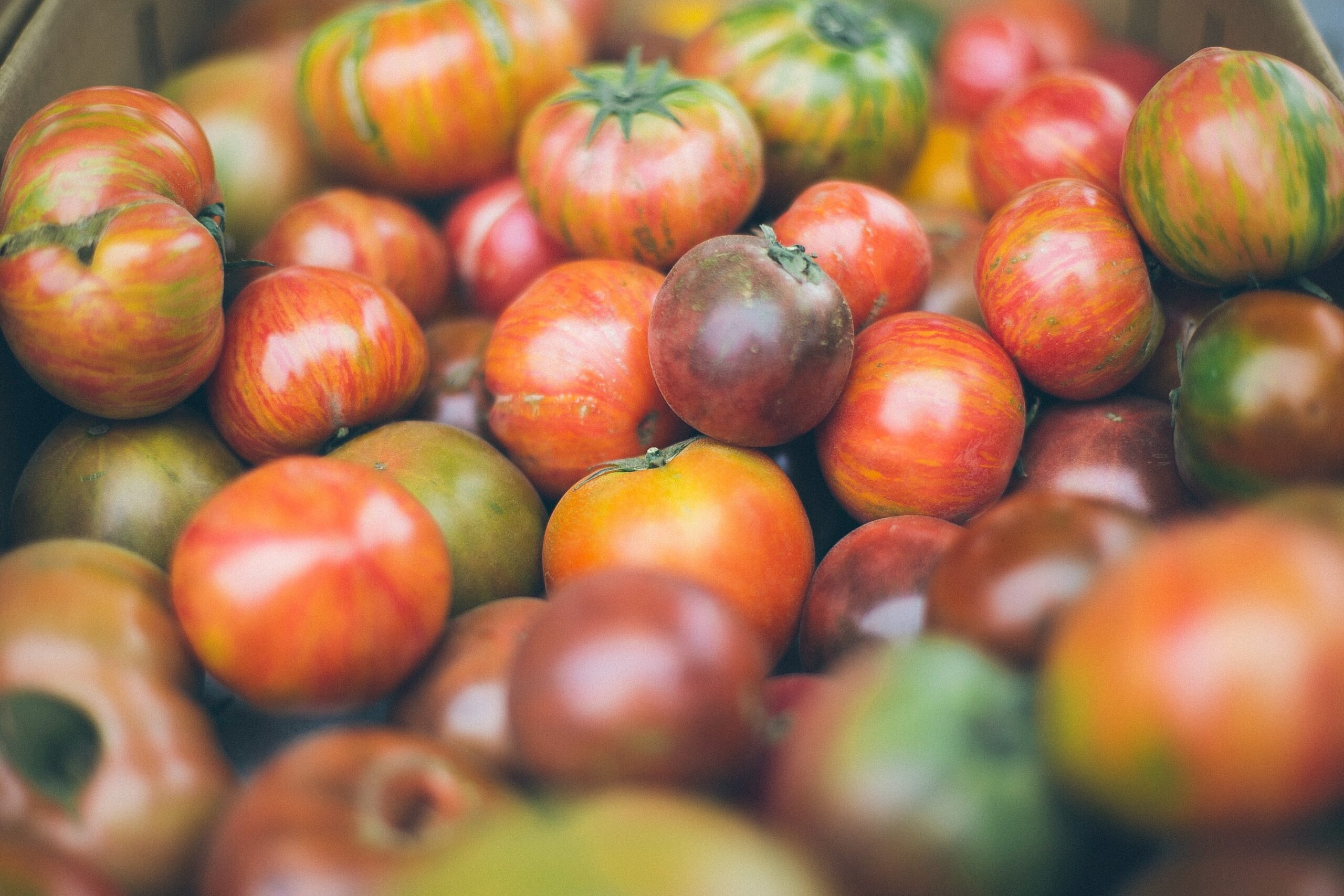
Our Economic uniqueness
Although our modern variants tend towards luxury and privilege, how would we reinvigorate that qualitative small, resourceful, connected to our natural resources system of enterprise? was a question we began to think about for this bioregion. |
Our Cultural uniqueness
|
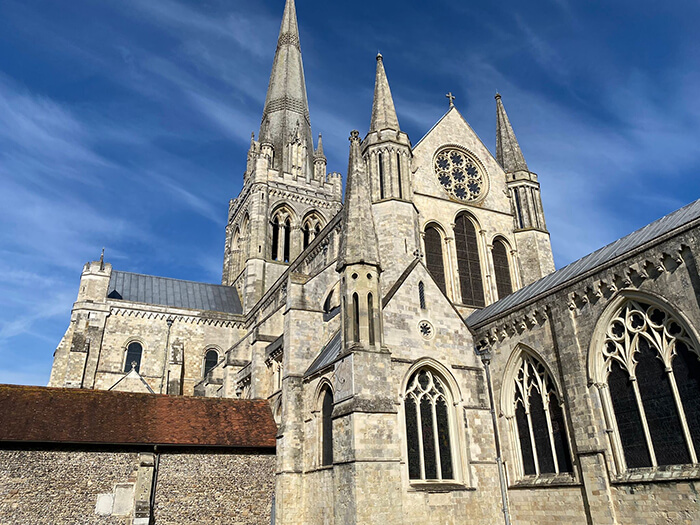
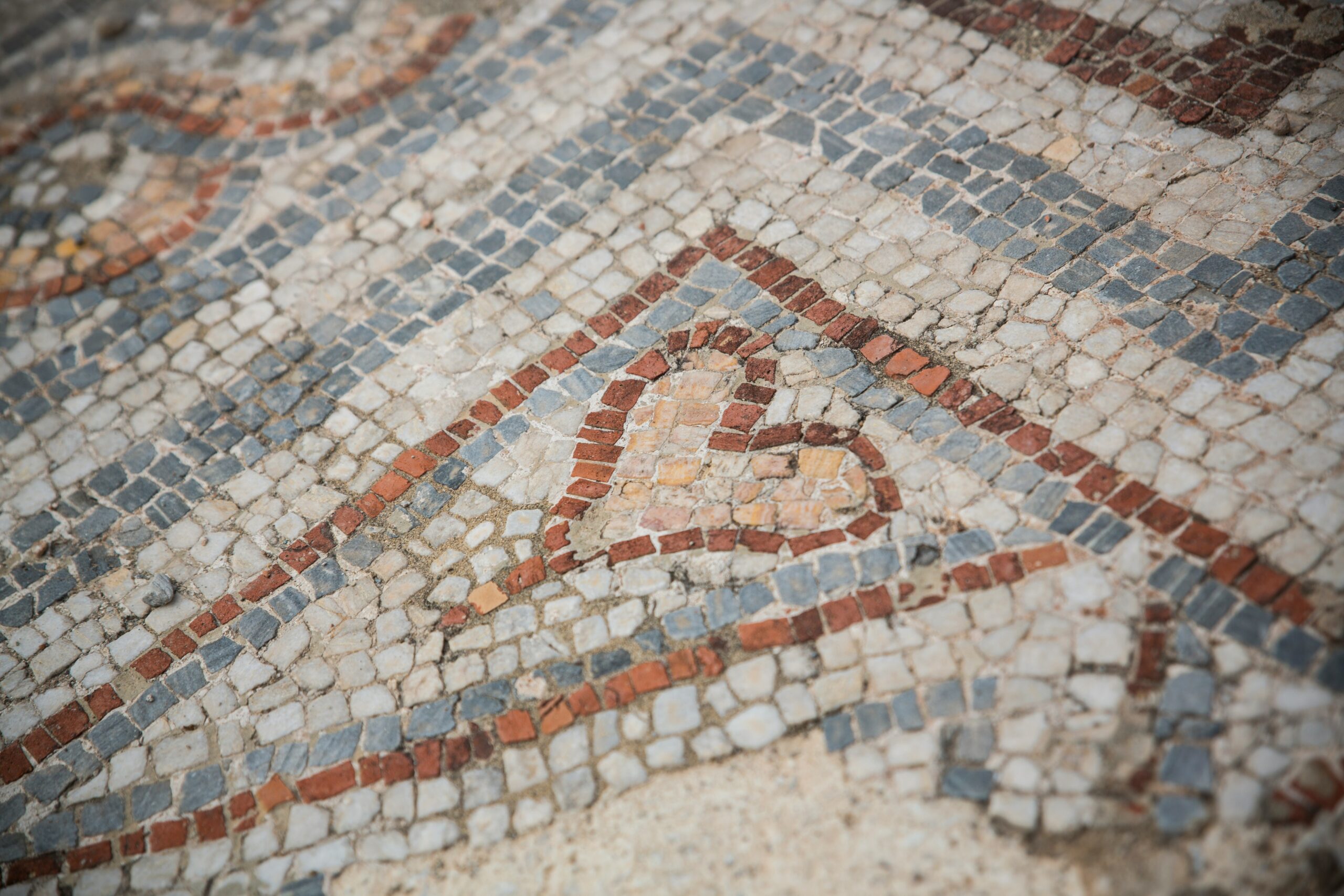


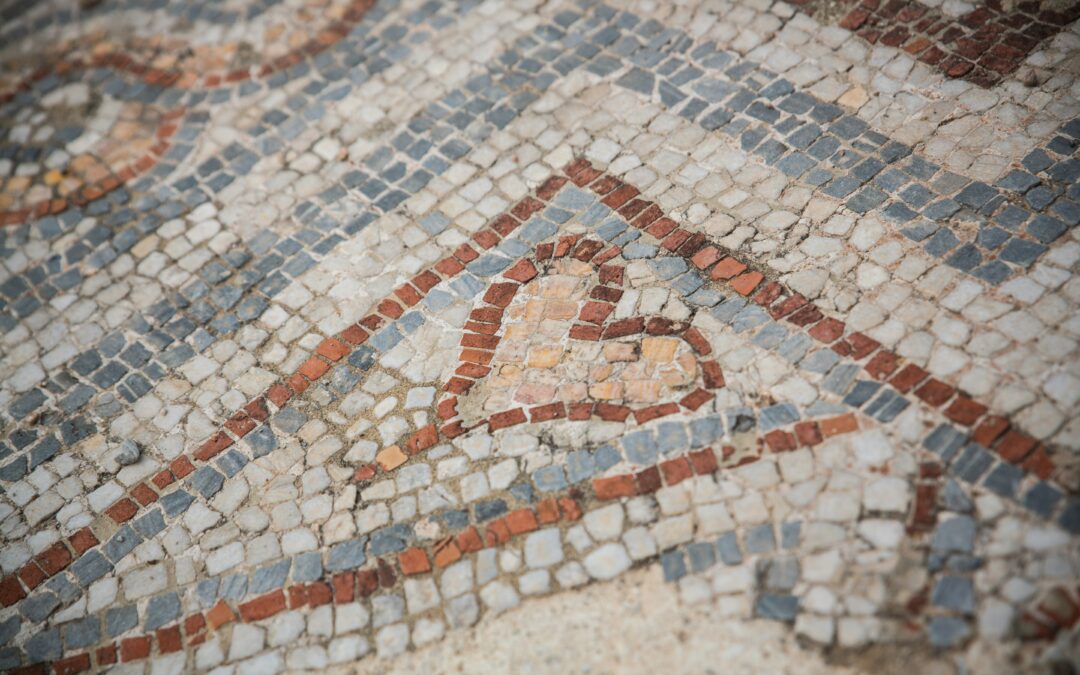
Recent Comments